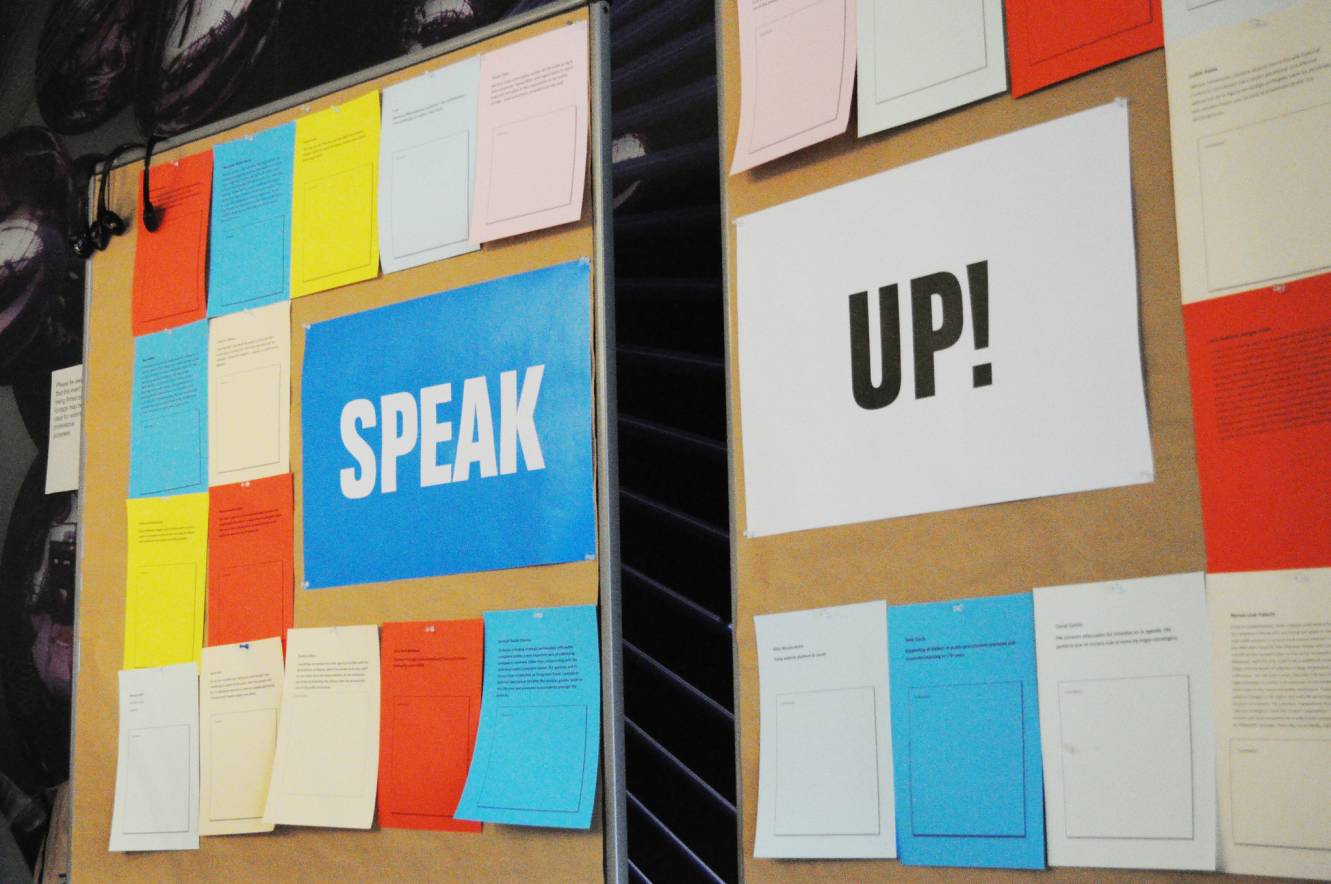India reported its first case of COVID-19 on January 30th, 2020, the same day the World Health Organisation (WHO) declared this a public health emergency of international concern. Up until the date of publishing this article, India had a total of 3,666 active cases with 109 deaths, with the expectation that numbers will increase across states in the coming days. The government has taken strict measures such as invoking the The Epidemic Diseases Act, 1897, the Disaster Management Act, 2005, and a countrywide lockdown, which started on March 24th for three weeks, and has just been extended for approximately three more weeks.
In addition, the Government of India recently declared that companies tackling the COVID-19 crisis would be eligible under the two percent CSR mandate 1 laid out in The Companies Act, 2013. The CSR spend on the COVID-19 response would come under items (i) and (xii) of Schedule VII relating to the promotion of healthcare, including preventive healthcare and sanitation, and disaster management. The CSR community has been quick to respond, with most committees and boards working overtime to speed up internal processes and get approvals for spends and additional budgets. In this article, we address some of the questions that companies frequently ask us.
Related article: India’s CSR laws: From good, to bad, to worse
We have analysed a total of 75 resource announcements for tackling the COVID-19 crisis totalling to a commitment of more than INR 4,134 crores 2 from various CSR units, corporate foundations, and Public Sector Units (PSUs), including the Tata Trusts, L&T, Reliance Industries, ITC, Hero Group, SBI, Vedanta, and Infosys, among others. Of these, 89 percent, or INR 3,689 crore is earmarked towards relief work (any area that a community may need support with, for instance health, nutrition, or shelter). Of this INR 3,689 crore, 54 percent (INR 2,008 crore) is directed towards PM-CARES or state Chief Minister Relief Funds, while the remainder is directed by corporate foundations towards their own work or that of their partners.
INR 315 crore (or 8 percent of the total funding being directed) is earmarked for specific areas including or related to healthcare—scaling, testing, and access to medical and sanitation supplies and equipment. There have also been a few in-kind donation announcements, including for counselling helplines or e-learning resources, drones, and food supply (by Parle, L&T, Nippon); availability for free or discounted testing kits or services (by Practo, Thyrocare, Mylab); and Personal Protective Equipment (PPE) such as sanitiser and masks, and medical equipment such as ventilators (by Reliance, ITC, and various brewing companies).
Some corporates have come forward to support innovation and entrepreneurship initiatives (Pernod Ricard India and Marico), which can serve as a much-needed catalyst for med-tech entrepreneurs to ramp up testing and production of COVID-19-related products. Others have started employee campaigns with online crowdfunding platforms such as GiveIndia and Milaap, to support specific nonprofits and causes. A majority of CSR teams that we at Sattva have been in touch with over the past two weeks have allocated a portion of their CSR funds to the COVID-19 response; some have allocated more than their existing budget.

In times of crisis it is critical to direct the right kind of resources to the right people, at the right time and place, and if possible, in the right quantities. | Photo courtesy: Pixabay
In times of crisis it is critical to direct the right kind of resources to the right people, at the right time and place, and if possible, in the right quantities. Asks from nonprofits and other organisations working towards the COVID-19 response have broadly been split into immediate relief on the healthcare and essential services side (food and shelter), and ongoing livelihoods support (urban and rural), social protection of vulnerable groups, skilling and education, research and development, and mental health counselling.
Many of the companies Sattva is working with are committed to investing where the need is highest, irrespective of their geographies of operation, and are contributing both funding as well as in-kind donations to credible organisations. If the organisations’ protocols allow for quick turnaround, even small CSR grants given with speed are going a long way in supporting frontline health workers and organisations providing immediate relief. In some cases, we have been able to connect state governments and nonprofits in order to address gaps, be it in equipment or in infrastructure such as isolation wards.
Very few corporate announcements have taken a medium- or long-term approach, for instance, investing in food and agriculture supply chain security or livelihoods support post-COVID-19.
We also see many of the larger corporates and PSUs contributing directly to the PM-CARES fund where the government takes care of all aspects of the value chain, including mapping the demand, mobilising resources and procurement, and logistics and final mile delivery. All donations have been made eligible for 100 percent tax deduction. However, these funds are intended for short-term measures to provide immediate response to the COVID-19 crisis, and it is as yet unclear whether these funds will be invested in alleviating long-term effects of the pandemic. Further, it is unclear how the usage of these funds will be monitored.
Interestingly, very few corporate announcements so far have taken a medium- or long-term approach, for instance, investing in food and agriculture supply chain security or livelihoods support post-COVID-19. Even on the demand side, most announcements focus on short-term needs, such as medical supplies, food, and shelter. This is possibly because companies are waiting for more data to emerge from the ground, and it appears to be a clear area of opportunity for investment.
While the conversation is still nascent, and we are still understanding needs at this point, there are a few questions that we are trying to answer along with our partners:
- How do we look at rebuilding the livelihoods of vulnerable populations in the post COVID-19 world?
- How can we re-imagine skilling and education in light of extended mobility restrictions?
- How do we look at systems where production and consumption happen locally, thereby creating a virtuous cycle?
- How do we support our healthcare infrastructure in the medium- to long-term to improve our health system’s resilience and ability to respond to large-scale emergencies?
It is advisable for CSR to look at more structural funding towards rebuilding, and if possible, to plan for multiple scenarios, keeping an agile three-month, six-month, nine-month, and 12-month funding plan ready.
Related article: What do nonprofits think of CSR?
Diverting funding from current programmes poses a risk not just for the nonprofit and their staff, but also for the communities they serve. In some cases, programmes may be delayed by a few months; this might free up some resources in the current quarter for the COVID-19 response, but it’s important to ensure continued support for the organisations’ operating costs during this time.
CSR teams should explore specific strategies on COVID-19 relief with their existing grantees, before making any significant changes to their spend plans. On the mitigation front, companies can look at offering support to nonprofit partners in the domains of funding, employee well-being, stakeholder communication, and revisiting core priorities through a strategy exercise.
In terms of adapting to the new normal, companies could look at how organisations can support communities to become more resilient towards crises. They can also explore how CSR project planning—specifically timelines, operations, and budgets—can be tweaked to accommodate these extraordinary circumstances. In some cases, nonprofits can also pivot their basic delivery models to be more relevant in today’s situation. For instance, moving classroom skilling programmes to online or mobile-based courses, providing for counselling support within the healthcare domain for vulnerable communities, and so on.
As per the recent circular brought out by the Ministry of Corporate Affairs (MCA) on April 10th, “Payment of salary/wages in normal circumstances is a contractual and statutory obligation of the company. Similarly, payment of salary/wages to employees and workers even during the lockdown period is a moral obligation of the employers, as they have no alternative source of employment or livelihood during this period. Thus, payment of salary/wages to employees and workers during the lockdown period (including imposition of other social distancing requirements) shall not qualify as admissible CSR expenditure.”
However, the circular further states that, “if any ex-gratia payment is made to temporary/casual workers/daily wage workers over and above the disbursement of wages, specifically for the purpose of fighting COVID-19, the same shall be admissible towards CSR expenditure as a one time exception provided there is an explicit declaration to that effect by the board of the company, which is duly certified by the statutory auditor.” There is no explicit mention about supporting one’s supply chain vendors.
Related article: How to approach your funding during COVID-19
Matching contributions is an effective way of involving employees. Corporates can match the amount raised by their employees towards the COVID-19 response, much like Wipro Cares, CISCO India, NVIDIA, Bosch, and many others have done. These funds may be directed towards location-based interventions (both healthcare and non-healthcare). Many nonprofits have requested remote volunteers (American India Foundation, PATH, Save the Children), for interventions such as counselling and mentoring youth and small entrepreneurs to help them create a digital presence on fundraising sites.
Volunteers are also needed for support in data analytics around COVID-19 testing. There are also a number of ways in which employees can look at leading or supporting hyper-local initiatives to provide essential products and services for the most affected in their locality, or offering their support to senior citizens and parents with young children. Animal lovers can also figure out how to support stray dogs and cats during the lockdown, since many are now without their usual access to food and water.
- Under Section 135 of the Companies Act, 2013, every company having a net worth of at least INR 500 crore, turnover of INR 1,000 crore or more, or a minimum net profit of INR 5 crore during the immediately preceding financial year, is expected to spend at least two percent of its average net profit before tax of three immediately preceding financial years in pursuance of its Corporate Social Responsibility policy.
- Data accessed as of April 13th, 2020.
—
Know more
- View this database on publicly available COVID-19 case data, visualised by district.
- Keep track of public announcements of initiatives and funding using this dashboard.
- Dip into this presentation on CSR’s response to COVID-19 by Sattva CEO Srikrishna Murthy and some frequently asked questions.




